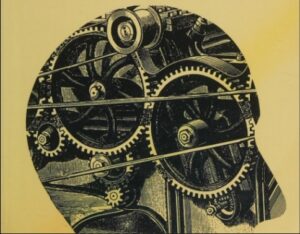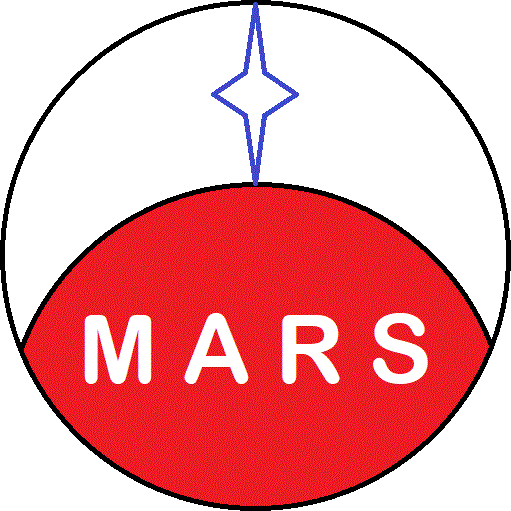
Systematic Thinking and Criticism
This is how The Church On Mars approaches problems. The image above and the checklist below are taken from the book “The Thinking Game: A Guide to Effective Study” by Dr. Eugene J. Meehan, Political Scientist and Electrical Engineer. This is about Systematic Thinking and the criticism of the products of that thinking to improve those products.
“Thinking to purpose” means using knowledge to produce and determine a desired result.
The theory of knowledge links human experience to fulfilling a given set of purposes through various structures and processes.
Knowledge is organized human experience created to achieve human purposes.
Summary Checklist
(Meehan,1988,p. 170)
Establishing the purpose of the solution or proposed solution is the first step in solving the problem or evaluating the solution.
Purposes, Instruments, and Processes
A. Three basic kinds of Purposes
1. Anticipating/predicting
Instruments: concepts, relational terms, and classifications, forecasts, theories
Processes: observation, diagnosis, calculation, judgment
2. Controlling
Instruments: concepts, relational terms, descriptions, theories
Processes: observation, diagnosis, calculation, judgment
3. Choosing
Instruments: concepts (empirical and normative), relational terms, descriptions, theories, priorities, policies
Processes: observation, diagnosis, calculation, judgment
B. Purposes that involve the creation of tools (excluding logic)
1. Description
This may be seen as the creation or use of tools that require observation, diagnosis, and judgment
2. All other instruments
These are based on observation, generalization, and judgment
C. Indirect contributions to knowledge
This includes all efforts to test and/or improve instruments or processes.
Instruments: Concepts, relational terms, descriptions, forecasts, theories, priorities, and policies
Processes: Observation, generalization, diagnosis, calculation, and judgment
Reference
Meehan, E. J.(1988). The Thinking Game: A Guide to Effective Study (Instructors ed.) Chatham House
